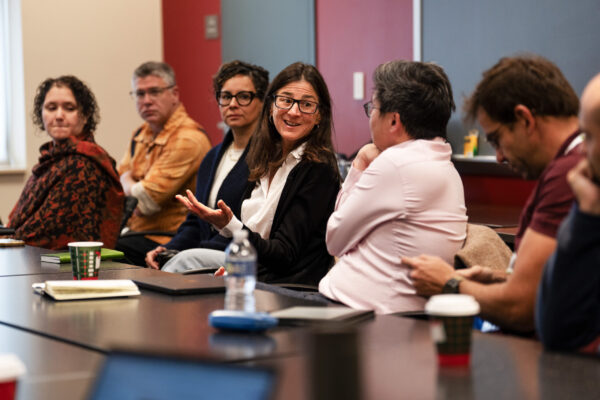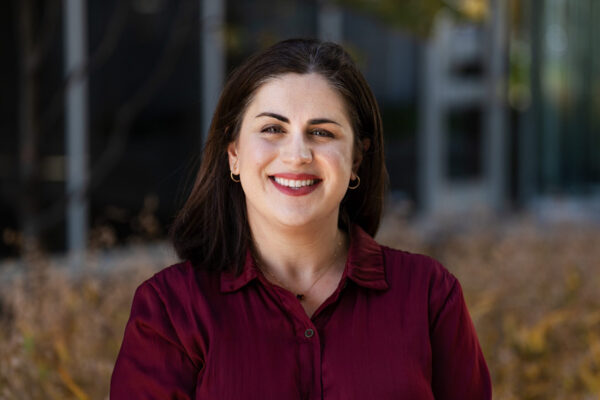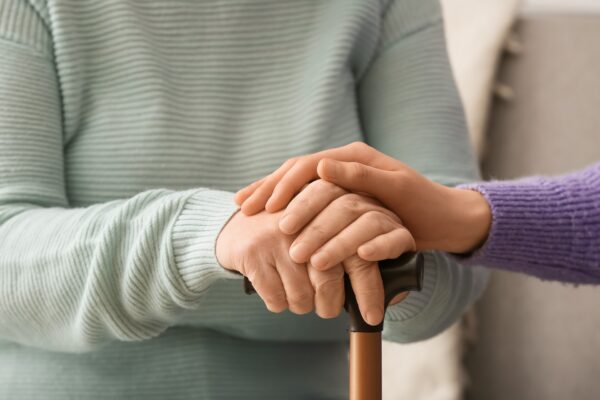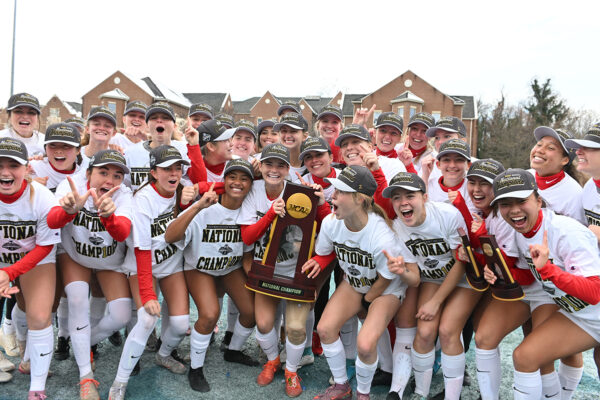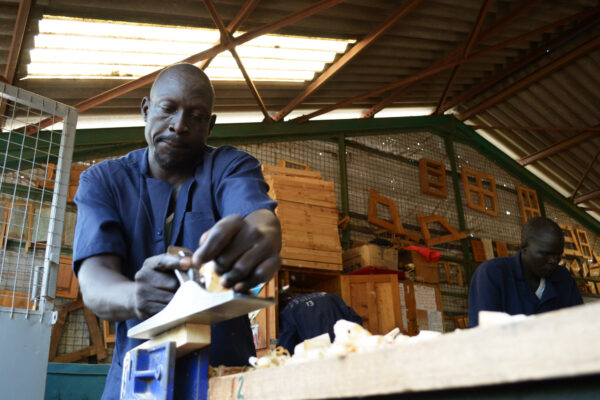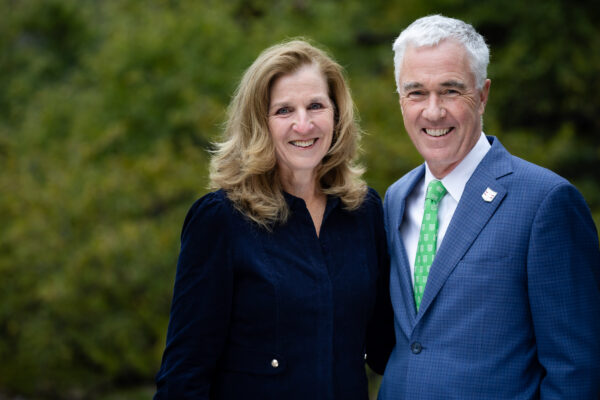Why prescription drug prices stay high — and what Congress can do about it
High prescription drug prices are not caused by any single company or practice, but by the system itself, said WashU Law’s Rachel Sachs. If Congress wants lower drug prices, it has to fix the structure and incentives of the entire supply chain, said Sachs, an expert on prescription drug pricing.
WashU’s FARM hosts visit by international food, ag experts
Leaders from seven countries explored the WashU FARM initiative’s public health-driven research and global partnerships advancing sustainable, equitable food systems.
Closing the research-practice gap
WashU researchers urge institutions to reward implementation science that demonstrates benefit, improves health, reduces inequities and justifies research investment.
Stephanie Mazzucca-Ragan
Stephanie Mazzucca-Ragan, an assistant professor at the WashU School of Public Health, is working to shape young people’s lives by developing ways to promote healthy eating and physical activity. Those behaviors can pay dividends from better learning to preventing chronic disease down the road.
Caregiving burdens, medical debt are reshaping health in the US
Research co-authored by Sandro Galea of WashU’s School of Public Health links rising family care responsibilities and unpaid medical bills to housing instability and population health risks.
Racism packs a punch for those enduring it over a lifetime
Researchers from Washington University in St. Louis find evidence that elevated stress exposure and its inflammatory correlates may contribute to Black-white racial disparities in mortality risk.
2025 in review: a look back at WashU’s top stories
In 2025, the WashU community made new discoveries, celebrated new victories and launched new efforts to make the globe safer and healthier.
Refugees living outside camps make significant gains in self-reliance
Analysis spanning 16 nations finds households integrated into communities build jobs, savings and stability over time.
A tale of three cities: Book explores gentrification in global context
A new book by Carol Camp Yeakey, the Marshall S. Snow Professor of Arts & Sciences at Washington University in St. Louis, examines the causes, impact and solutions to gentrification in cities around the world.
Accelerating real-world impact in public health
A gift from Ann and Tony Ryan launches a School of Public Health initiative tackling global health challenges — from maternal well-being and mental health to chronic disease and climate resilience.
Older Stories

